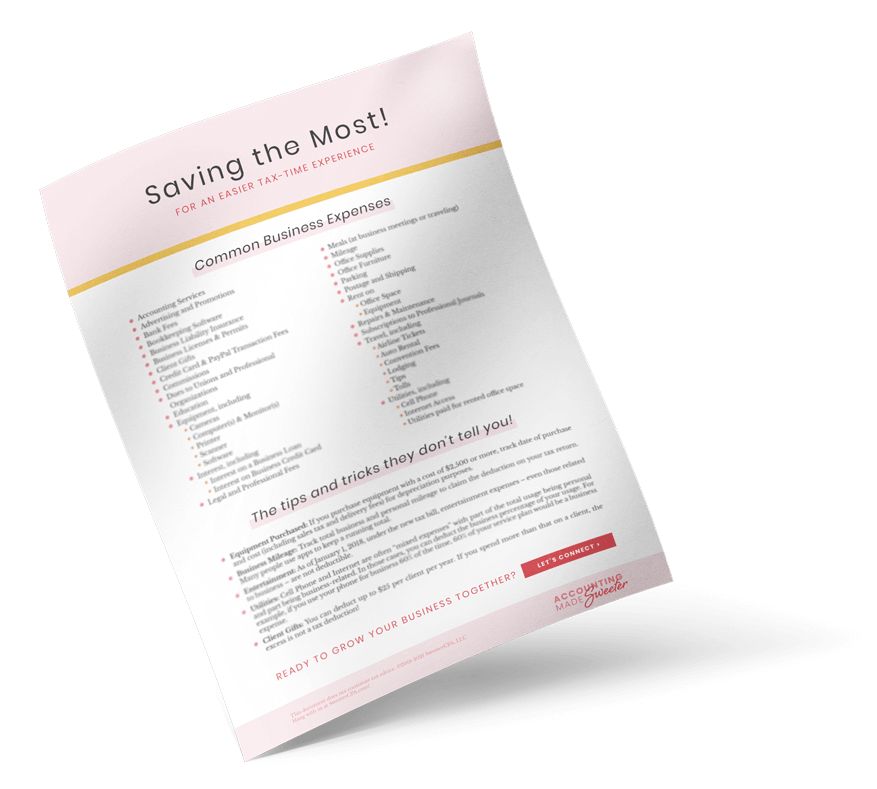Resources
A general partnership (GP) is the default categorization for an entity owned by more than one person (the partners) that has not elected another status with the state. The partners are called “general partners.”
GPs and Liability
General partners are each personally liable for all business debts and court judgments. An outside party can sue each partner individually for a business debt. The only recourse this partner has is to sue the other partners for their respective share of the debt. This recourse, however, may happen after the debt to the outside party is settled, so each partner stands to be liable in full for any debt.
Managing the Partnership
Each general partner has the authority to bind the partnership to a contract or deal.
Tax Consequences
While the partnership entity itself does not pay taxes, it does have an annual filing requirement: a Form 1065 due April 15th. This Form reports the partnership’s income and expense items to the federal government. The partnership then issues Schedules K-1 to each partner reporting their respective share of these income and expense items. Each partner reports items from the Schedule K-1 on his or her personal tax return.
For general partners, earnings from the partnership are considered earned income for self-employment tax purposes.
If the partnership operates in a state that collects income tax, there may also be a state reporting requirement.



